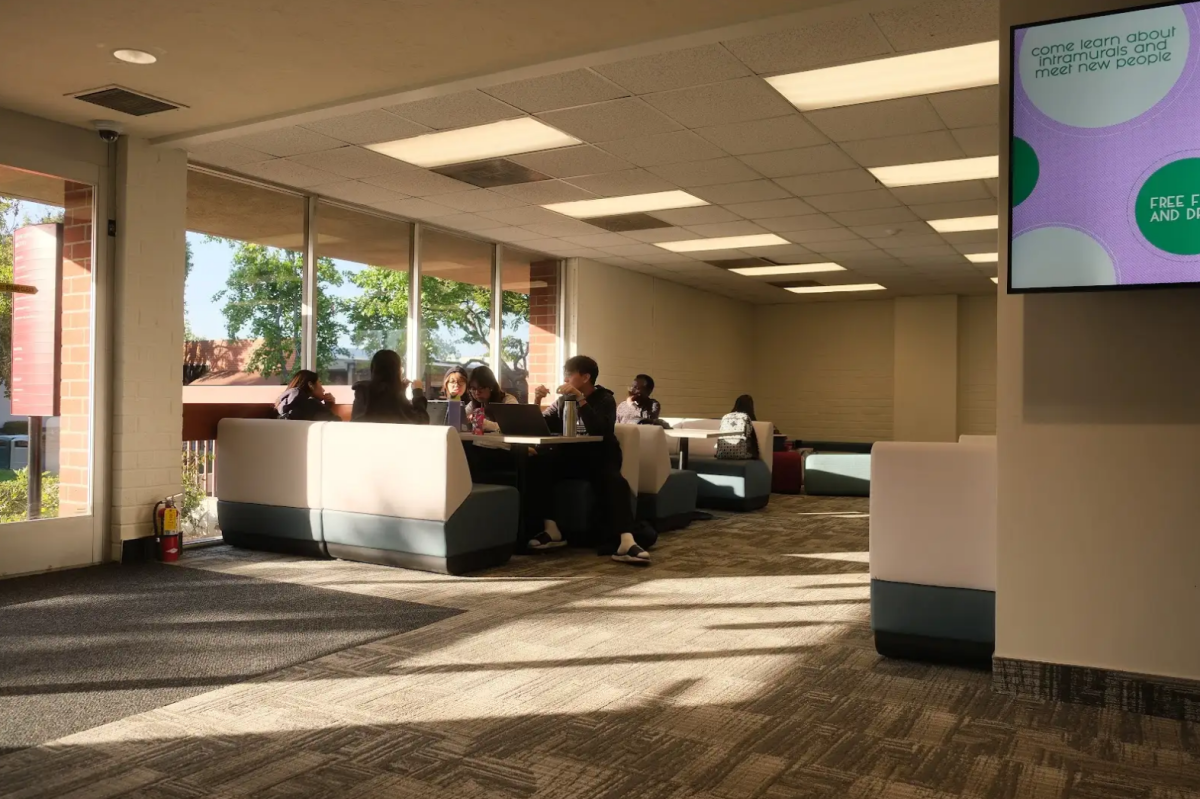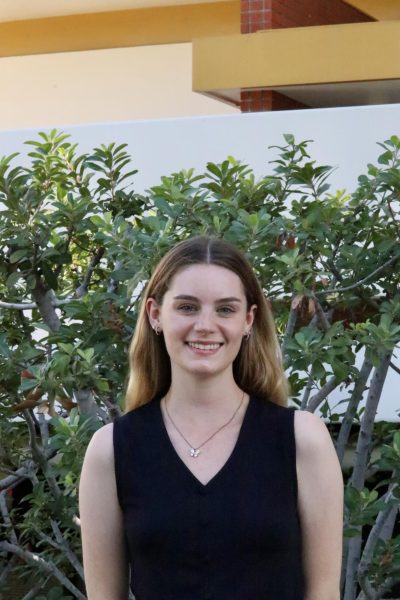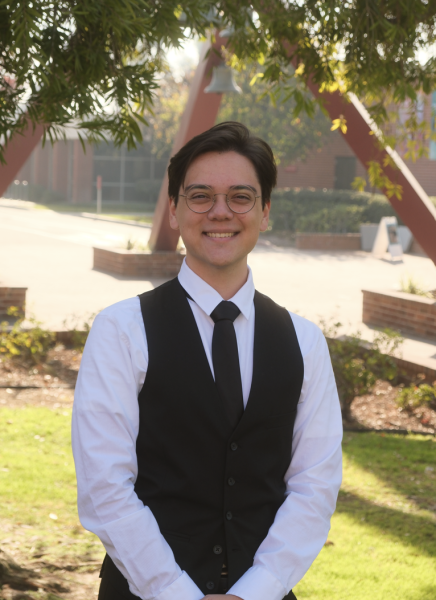The Student Union Building (SUB) underwent a vast renovation on the second level over the Summer 2024 semester. The new and improved layout features an expansion with an open floor plan, new tables and more seating options. While the bottom level of the SUB was renovated in 2023, seating options were still widely limited in the only public building that is open 24/7 on campus.
Although the SUB renovation has been well-received by students, who appreciate the new and comfortable space for studying and socializing, it’s important to assess whether the renovation was justified, considering the loss of office space within the SUB and Biola’s recent tuition hike.
With a higher-than-average tuition increase, some may be wondering if this costly renovation was the right choice.
THE REDISTRIBUTION & LOSS OF STUDENT OFFICE SPACE
The SUB, a popular hub of student social life, studying and events, has definitely benefited from its expansion and renovation. The limited upper level did not offer much open seating prior to renovations. Furthermore, commuter students and residents of campus apartments had few options to study on campus outside of the Library’s open hours.
Added benefits to student life aside, the SUB renovation did not come without sacrifice. The new open floor plan came at the expense of the office space of several student-run organizations.
“Multiple student leaders and student-run organizations such as SGA [Student Government Association], SMU [Student Missionary Union], the Biolan, OCE [Office of Campus Engagement] and even Student Development Professionals were [also] involved in renovation conversations regarding the renovation as it required sacrificing their office space to give more space back to students and integrate GSE [Global Student Engagement] into the upper SUB,” said SGA President Jacqueline McClausin.
Given that these groups play an important role in student life and fellowship, their loss of office space could make it more difficult for students to connect with these resources. However, what could be seen as an apparent loss may have a cumulative impact on the greater well-being of student life, given the multifaceted nature of the SUB’s many uses.
“The renovations most greatly impacted the office space of the Biolan, SMU and SGA, but I believe each organization was able to work together with the help of student development and strategically give up parts of their space for a greater vision concerning student engagement in the SUB,” said McCauslin.
THE FINANCIAL LOGISTICS: WORTH THE COST?
Immediate benefits aside, there is also the question of cost. Many students have felt the financial burden of Biola’s decision to increase tuition for the 24-25 academic year, which may make them skeptical of such a large renovation. However, a greater goal for student life may have been in mind, and the financials were not overlooked during renovation planning.
“Over the years, the SUB has slowly been changing, intending to better serve the various needs of students as well as become more of a community center for student life on campus. The lower SUB was renovated in 2022-2023 due to a generous donation from the Board of Trustees to revamp the outdated student space of the lower SUB. Through months of collaboration with Student Development and Facilities, SGA helped draft renovation plans and allocate funds for the project,” said McCauslin.
Careful planning went into the finances of the renovation to make it feasible, which may erase any doubts as to whether the makeover was worth the cost.
“I feel like the changes that are done to the SUB bring a fresh look, as well as a fresh take on what it means to be a community,” says GSE coordinator Peter Ticoalu. “It’s going to take a bit of time before everyone is accustomed to the lounge and a new culture is established (one that will be created organically by its users), but my feeling is that it will bond us closer as one Biola community.”
Overall, it appears as though the 2024 SUB renovation has served its purpose. The goal was to create a more accessible hub of student life on campus, where students of all residency statuses could find a place to study and socialize with others. Being the only building open 24/7 on Biola’s campus, the SUB offers many opportunities for different events and resources. Prior to the renovation, seating and areas to socialize were vastly limited, which prevented the SUB from reaching its potential as a suitable study spot.
With cost in mind, the groups and individuals involved in the planning of the renovation participated in collaboration with one another to make thoughtful decisions regarding their financial resources. With carefully planned logistics and proper execution, the SUB’s renovation has appeared to contribute to a higher quality of student life at Biola.







